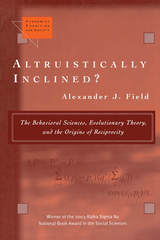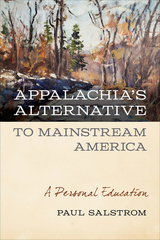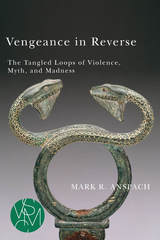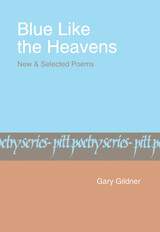
Altruistically Inclined? examines the implications of recent research in the natural sciences for two important social scientific approaches to individual behavior: the economic/rational choice approach and the sociological/anthropological. It considers jointly two controversial and related ideas: the operation of group selection within early human evolutionary processes and the likelihood of modularity—domain-specific adaptations in our cognitive mechanisms and behavioral predispositions.
Experimental research shows that people will often cooperate in one-shot prisoner's dilemma (PD) games and reject positive offers in ultimatum games, contradicting commonly accepted notions of rationality. Upon first appearance, predispositions to behave in this fashion could not have been favored by natural selection operating only at the level of the individual organism.
Emphasizing universal and variable features of human culture, developing research on how the brain functions, and refinements of thinking about levels of selection in evolutionary processes, Alexander J. Field argues that humans are born with the rudiments of a PD solution module—and differentially prepared to learn norms supportive of it. His emphasis on failure to harm, as opposed to the provision of affirmative assistance, as the empirically dominant form of altruistic behavior is also novel.
The point of departure and principal point of reference is economics. But Altruistically Inclined? will interest a broad range of scholars in the social and behavioral sciences, natural scientists concerned with the implications of research and debates within their fields for the conduct of work elsewhere, and educated lay readers curious about essential features of human nature.

In many communities across North America in the 1960s and 1970s, the rural-relocation movement became both a way of life and a path forward for many people inclined to buck the mainstream—and Paul Salstrom embraced it. His experiences in rural Lincoln County, West Virginia, led him to the self-sufficient, “neighborly networking” lifestyle well known in many Appalachian communities since the early nineteenth century.
In Appalachia’s Alternative to Mainstream America, Salstrom outlines his Appalachian experiences in a memoir, revisiting this back-to-the-land tradition that guided his cultural experience during this time. While he pursued a number of experimental alternatives to a mainstream way of life during the late 1960s, it was not until he landed in Lincoln County a few years later that he found himself engaging in an alternative way of living that didn’t feel “experimental” at all. This distinctive way of life was largely characterized by a closer connection to the earth—local sufficiency informed by homesteading, subsistence farming, and gardening—and the community-wide trading of favors in a spirit of mutual aid.
Over time, Salstrom’s engagement in this “neighborly” occupation has nurtured an informed belief that Americans will be drawn back to landed customs, taking care of the earth and of one another to thrive as individuals and communities. Facing today’s pandemics, climate change, and deepening political divisions, says Salstrom, Americans urgently need to create a groundswell of localized food security and energy production.

READERS
Browse our collection.
PUBLISHERS
See BiblioVault's publisher services.
STUDENT SERVICES
Files for college accessibility offices.
UChicago Accessibility Resources
home | accessibility | search | about | contact us
BiblioVault ® 2001 - 2024
The University of Chicago Press









